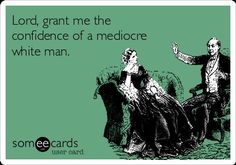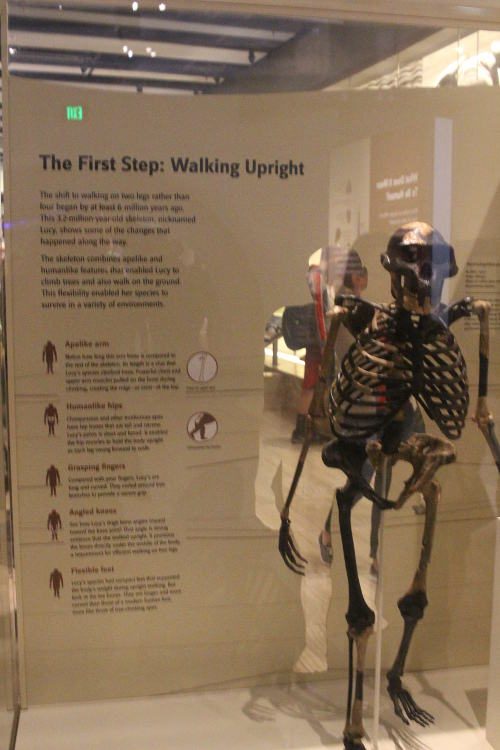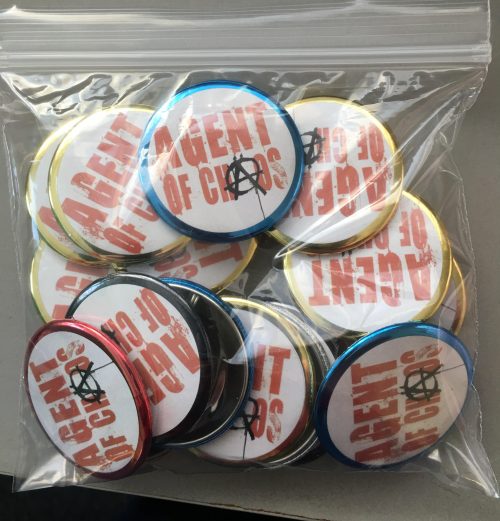There’s an ongoing protest at a Michigan high school, with Confederate flag waving students irate about an incident in which a black student ripped a traitor’s flag off of a white student’s truck. Now there are dozens of trucks cruising the school with their silly little flags.
I had to ask myself, “Wait a minute, Michigan is as far north as Minnesota, isn’t it? Were they a rebel state, too?” That’s rhetorical, by the way. I looked it up, even though I didn’t need to.
Michigan made a substantial contribution to the Union during the American Civil War. While the state itself was far removed from the combat theaters of the war, Michigan supplied a large number of troops and several generals, including George Armstrong Custer. When, at the beginning of the war, Michigan was asked to supply no more than four regiments, Governor Austin Blair sent seven.
Didn’t these kids learn any history in their high school?
Myers [NO RELATION] said the flag represented “a country boy thing” to him and his friends, and he told a reporter the symbol has been “part of American history” since the founding of the U.S.
“We’re flying the flag because of injustice,” Myers said. “It looks cool in the mirror,” he said.
No, apparently they did not.
I guess flying a flag representing slavery is actually “because of injustice”, just not the way they understand it.




